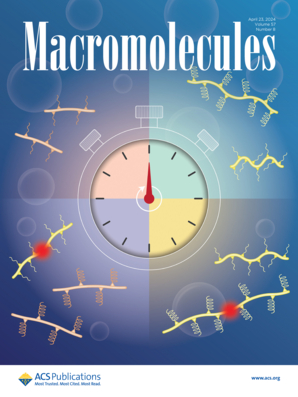High-Performance Adhesive with Wide Working Temperature Range Enabled by the Multivalent Supramolecular Network around Lignin-Derived Noncoplanar Triaryl?…
Abstract
Despite the significant attention that biobased polymers have garnered, the potential value of the intrinsic structural characteristics inherited from biomass in the molecular design of these polymers remains underexplored. In this study, a noncoplanar triaryl-imidazole was designed to serve as a curing agent for high-performance epoxy adhesives. The curing behavior can be modulated through the conjugative effects of the aryl groups and the electron-donating properties of the methoxy groups, both of which are inherited from lignin. Furthermore, both theoretical and experimental results indicate that π–π stacking interactions involving the aromatic rings, cation–π interactions involving the imidazolium cation, and hydrogen bonds involving the methoxy groups coexist within the cured resins, thereby forming a multivalent supramolecular network centered around the lignin-derived noncoplanar triaryl-imidazolium. As a result, the system demonstrates a high glass transition temperature (TgDMA = 230.85 °C), enhanced strength and toughness, strong adhesion, and a wide working temperature range (?196 to 200 °C). These findings contribute to the establishment of structure–property relationships for lignin-based polymers and provide valuable insights for the rational design of biobased chemicals and polymers.





